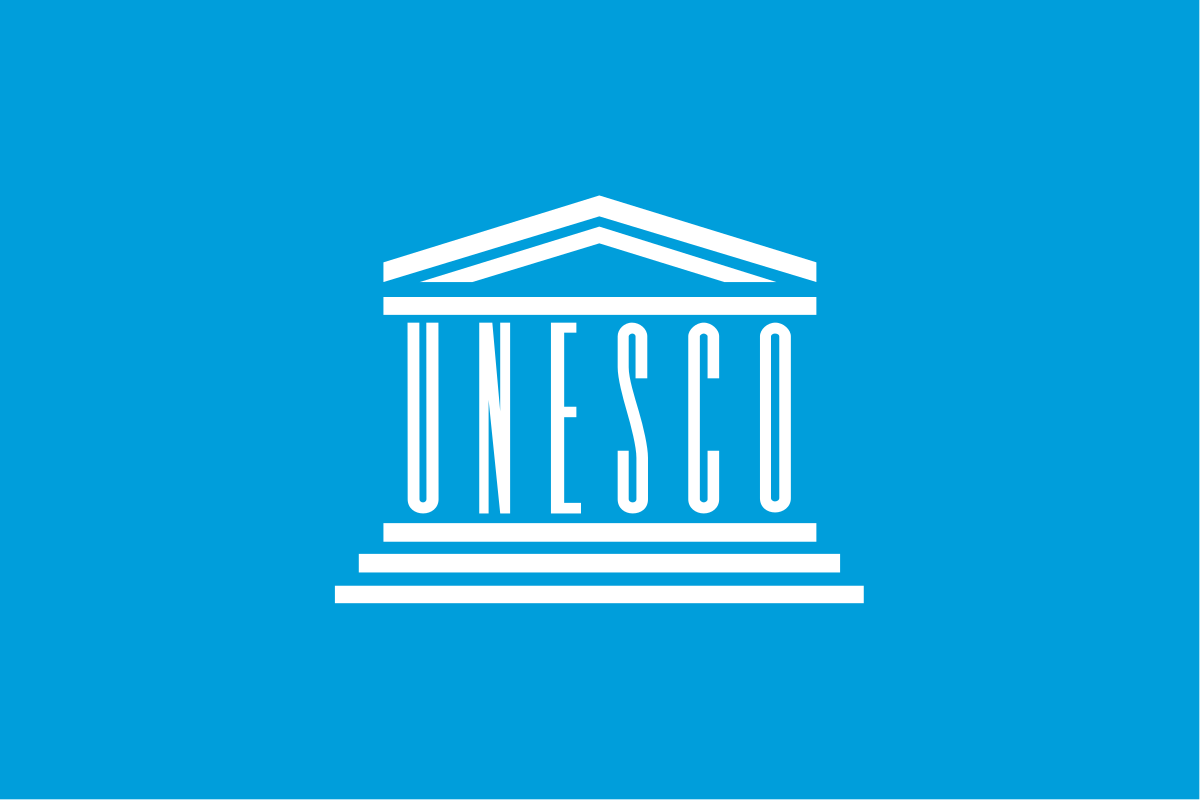The United Nations Educational, Scientific and Cultural Organisation (UNESCO) has once again urged for stronger protection and increased recognition of Africa’s heritage sites, stressing their critical role in shaping cultural identity and promoting tourism. Speaking at an international conference on cultural heritage in Nairobi, UNESCO’s Regional Director for Eastern Africa, Louise Haxthausen, underlined the urgency of safeguarding Africa’s archaeological treasures and historical landmarks for the benefit of future generations.
Haxthausen highlighted the need for robust policy and legal frameworks to shield heritage sites from the growing threats of climate change and human encroachment. She advocated for a more inclusive approach that brings together governments, local communities, and global partners to enhance discussions around conservation efforts. “A sound policy and legal framework is required to boost the protection of Africa’s heritage sites amid threats posed by climate change and human activities,” she noted.

She further referenced the African Union’s Agenda 2063, which prioritises the preservation of cultural sites and monuments, recognising their importance to indigenous populations and their heritage. Despite Africa holding 12.26 percent of the world’s recognised heritage sites, many remain at risk due to weak legislative protections, rapid urbanisation, and environmental pressures.
The conference, running from 6 to 9 May and jointly organised by UNESCO, the Kenyan government, and the African World Heritage Fund, has convened high-level policymakers, academics, and cultural preservationists to examine scientific, policy-driven, and grassroots strategies for reinforcing the resilience of heritage locations across the continent.
Kenya’s Cabinet Secretary for Gender, Culture, the Arts and Heritage, Hanna Wendot Cheptumo, echoed the call for collaborative efforts. She emphasised the importance of exchanging best practices, sharing technology, and aligning policies to improve heritage site management. “Empowering local communities to become custodians of heritage sites will avert erosion of Africa’s rich and diverse cultures, while generating revenues through tourism,” Cheptumo stated.


 Trending
Trending 



